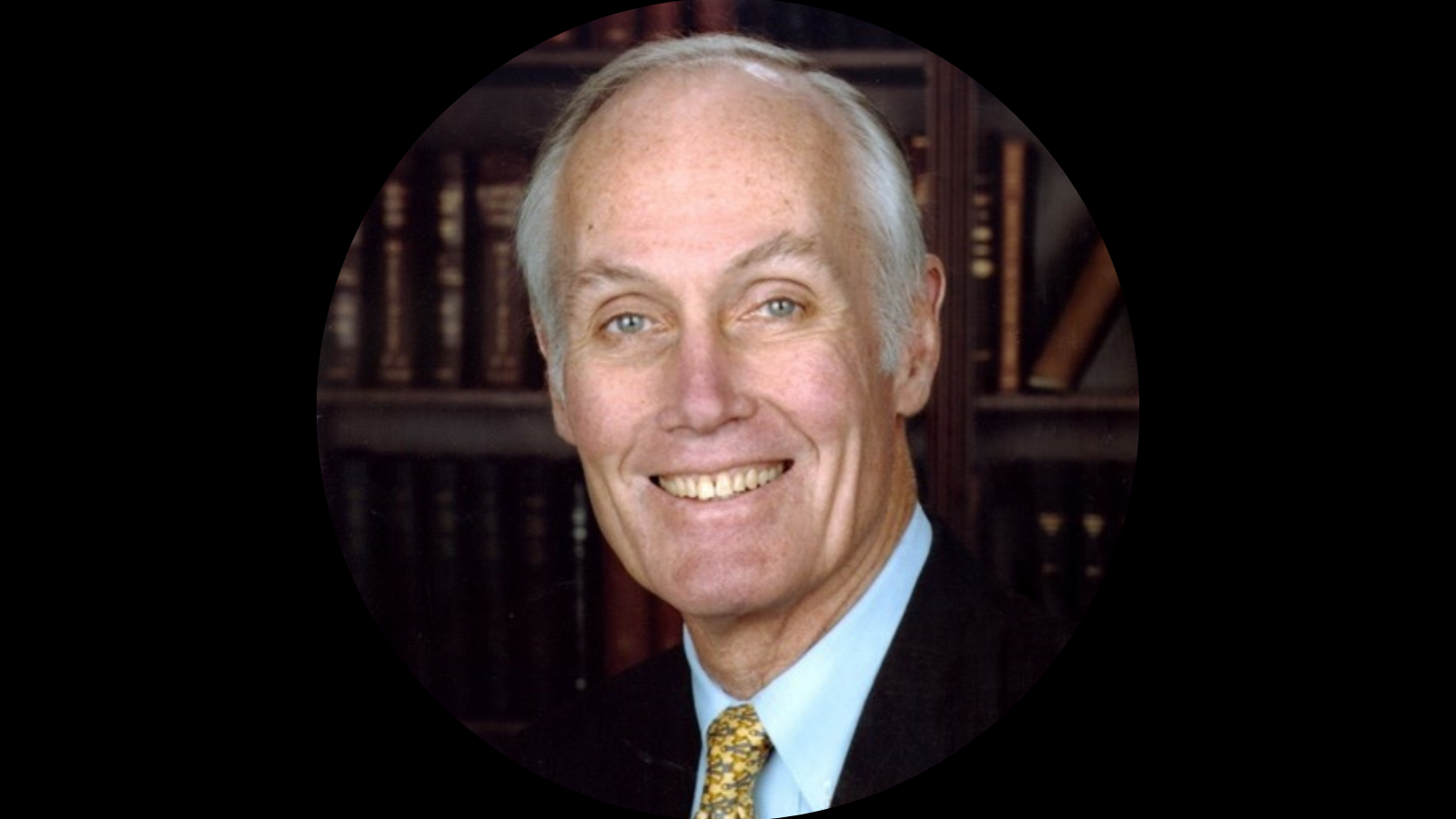OLYMPIA – As Washington state honored former U.S. Sen. Slade Gorton yesterday with a long-delayed memorial service at St. Mark’s Cathedral in Seattle, members of the Senate Republican Caucus in Olympia recalled his contributions to the state and on the national stage.
Gorton, 92, died Aug. 19, 2020, after a six-decade career as one of Washington state’s leading political figures. A public memorial gathering was delayed by the COVID restrictions in place at the time.
Elected to the state House of Representatives in 1958, Gorton quickly rose to become House Republican leader. As attorney general under Gov. Dan Evans, Gorton was a leader among the “new breed” Republicans of the 1960s in Washington state who modernized state government and left a legacy of pragmatic decision-making and effective partisan leadership, said Senate Republican Leader John Braun, R-Centralia.
“Slade Gorton exemplified the best in politics. What he accomplished was tremendous, from saving the Mariners to maintaining vital defense facilities in Washington state and chairing the federal 9/11 commission. But I think the perspective he brought to the public arena was just as important.
“He understood that being right is never enough – you also need to win – and the best way to do it is to negotiate from strength, and to convince the other team of the wisdom of compromise. He recognized the place of partisanship in our system, and that the process can help drive solutions when everyone plays by the same rules.
“For more than 40 years, he was point man for Washington Republicans on redistricting. He remained an elder statesman in Washington politics long after he left the U.S. Senate in 2001, offering advice behind the scenes on statehouse strategies and political campaigns, and the trends that would shape Washington politics in the future. He was one of the first to recognize the geographic realignment of political parties in our state, as Seattle turned darkest blue and most of the rest of the state went bright red. He understood that areas outside the central Puget Sound region were being disenfranchised and denied a voice. To win his Senate races in 1988 and 1994, he built a coalition among those who were being shut out, and he offered a vision of prosperity for the entire state, not just Seattle.
“Slade had the right idea. Political parties win on the breadth of their appeal, and the people are better represented when their elected leaders take an interest in the state as a whole. Slade made a lasting contribution to Washington and its people that continues to influence us today.”









